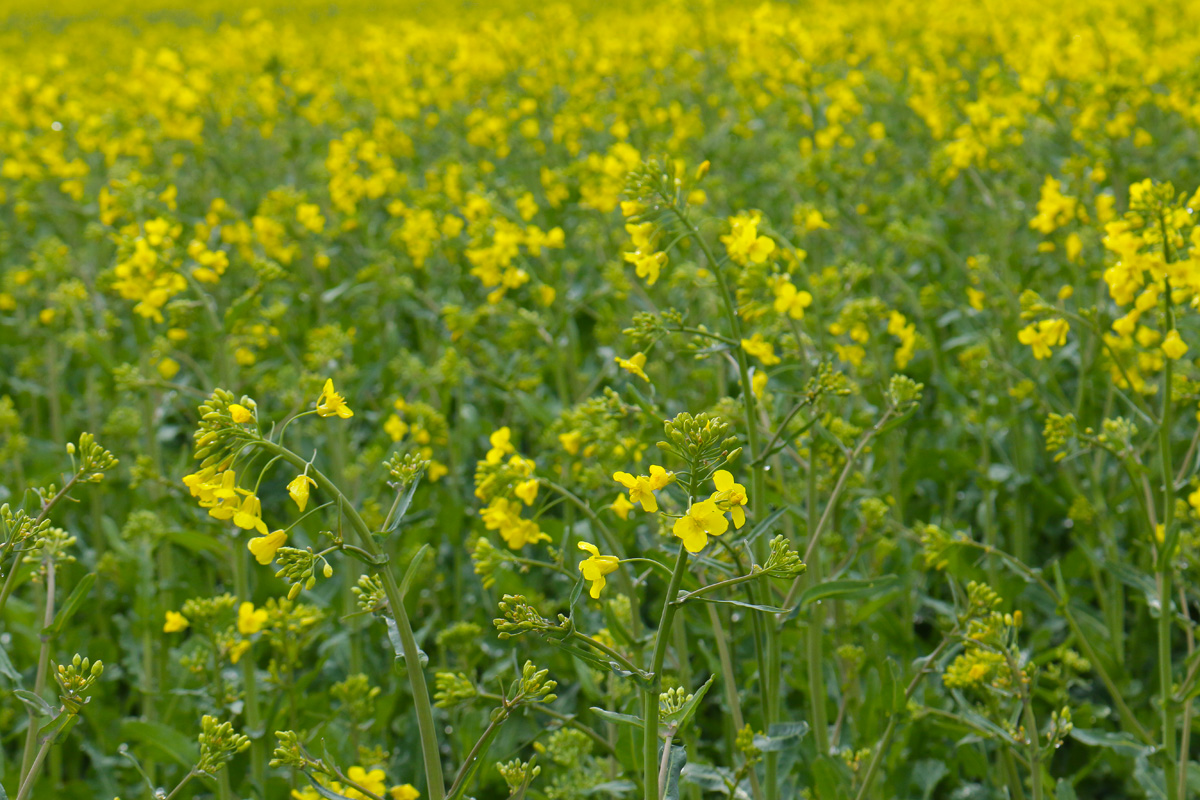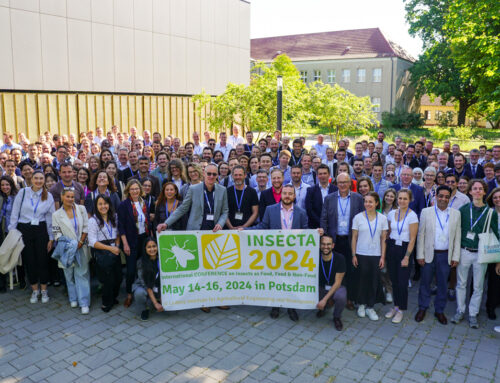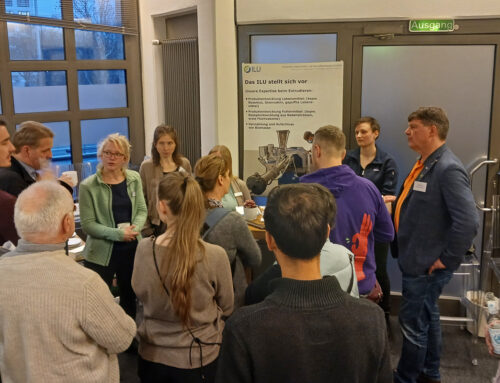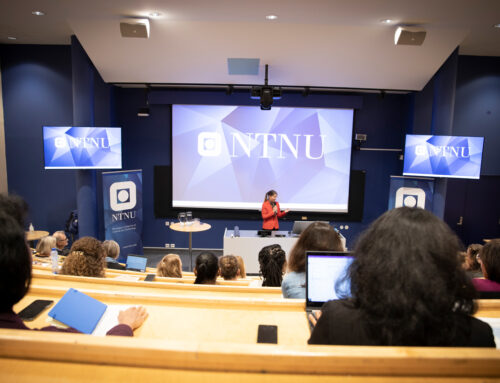According to a press release from FEI:
The use of by-products from food production has always been of interest. In recent years, the potential of plant by-products has come even more into focus: for nutritional reasons as well as from a techno-functional point of view, the most extensive, sustainable utilisation of plant resources for human nutrition holds great potential – also in economic terms.
This is also true for the production of rapeseed oil: The by-products of rapeseed oil production – depending on the production process, the press cake or the extraction meal – are mainly used as animal feed; only about 30 % are used for human nutrition. Increasing this proportion is the goal of a current project of the Industrial Cooperative Research (IGF), on which two research teams, such as the ILU, from Berlin as well as from Bad Belzig are working together.
The focus of their research is the protein fraction in part-oiled rapeseed press cake or extraction meal, which is a good potential source for covering human protein needs – in the form of flours, concentrates or isolates. While previous research has mainly focused on protein isolates free of accompanying substances and with a high degree of refinement, the researchers now want to take a gentler approach to using rapeseed as a protein source: By applying mild fractionation processes – an aqueous direct extraction, a dry fractionation (grinding, sifting) and a combination of a dry and aqueous fractionation process – mixed fractions are to be obtained that will be used as functional ingredients in model systems such as bread and yoghurt.
This approach offers many advantages: It saves large amounts of water as well as solvents and it requires less complex equipment. In addition, the intensive, especially thermal, treatment of the proteins often results in limited technofunctionalities of the protein isolates. These changes are particularly negative when vegetable proteins such as oilseeds are to be used in disperse systems such as emulsions, foams and gels. Processes that do not generate pure components – isolates – but mixed fractions of oil, protein, fibres and possibly secondary plant substances are therefore within the scope of the research work. The aim of the IGF project is to gain know-how to expand the range of applications for rapeseed press cake and rapeseed extraction meal or the mixed fractions obtained from them.
The use of rapeseed protein is of great interest for oil mills, protein producers and rapeseed cultivation companies as well as for the protein-processing food industry. The knowledge resulting from the project can be implemented by small and medium-sized enterprises (SMEs) in their own processing and utilisation strategies, since the gentle processing strategies provide opportunities for simple implementation that do not require a great deal of equipment.
Information on the IGF project AiF 21442 BG “Technofunctional mixed fractions from rapeseed for use in disperse food systems” (link to www.fei-bonn.de/aif-21442-bg.projekt)




